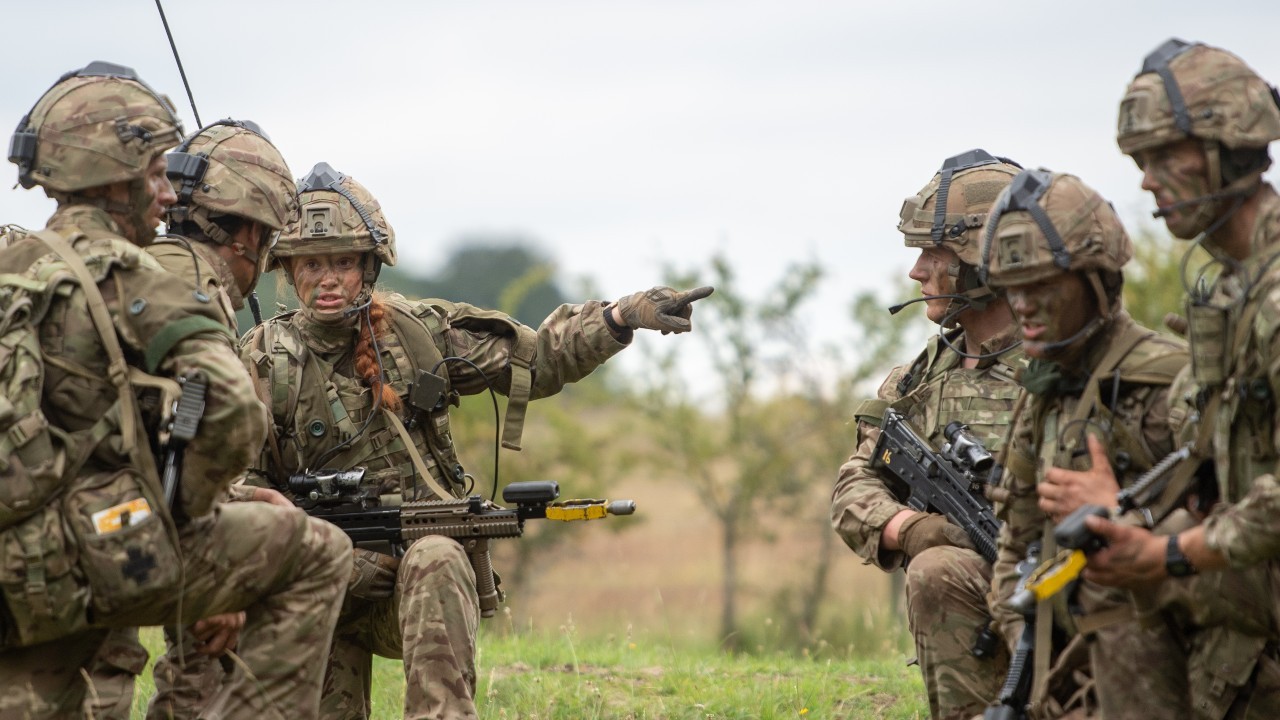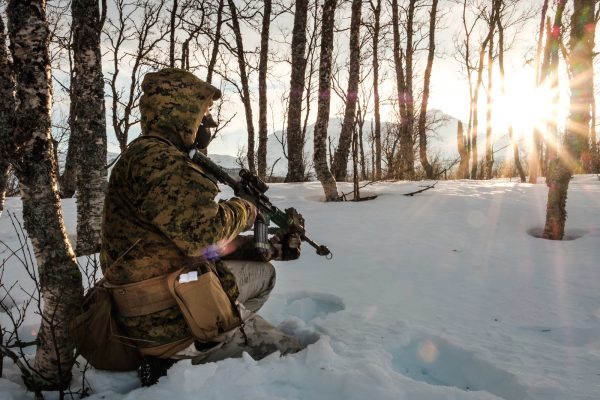The Integrated Review of Security, Defence, Development and Foreign Policy, or Integrated Review (IR), has been dubbed, “the most radical reassessment of our place in the world since the end of the Cold War.” It shifts the UK from its generally reactive posture of the last decades to a more proactive footing driven by a £24bn-plus increase in the UK’s defense budget over the next four years.
The review’s key winners in terms of budget and focus are the Royal Navy, emerging warfighting domains (space and cyber), and emerging and disruptive technologies (more on these later.) The losers appear to be the Army and the ongoing conflict in Afghanistan. First, the Army faces further reductions in manpower (slated to fall another 10,000 to a total of about 70,000). The review makes only one mention of armored vehicles, whose development has been plagued by cost overruns and delays. Second, while counterterrorism is mentioned extensively, Afghanistan only receives two references and almost no detail, and seems less of a focus than even Syria or Iraq.
Going beyond this top-line analysis, while the review is expansive, the tasks and issues detailed largely fall into one of three buckets: Science & Technology, Global Britain, and Great Power Competition (GPC).
Science & Technology is key for national security, international policy, and civil resiliency.
Throughout the review, there is a significant focus on leveraging R&D investment to drive defense advantage and economic growth. Broadly this will be done via investing £6.6 billion of defense funding in advanced and next-generation R&D over the next four years. While a range of emerging and disruptive technologies (EDT) warrant a mention, there is a consistent theme of investing in space and cyber capabilities, as well as directed energy and hypersonics. These are laudable aims and the investment is much needed. With that said, integrating EDT into existing operations and systems is no mean feat, and needs to be addressed in greater detail going forward.
Global Britain, a soft-power superpower punching above its weight.
Trade makes repeated appearances across the IR and its centrality for both the UK’s changing economy and as a tool of statecraft are evident. Now outside of the European Union (EU), the review makes clear that the new global Britain will not be confined by a myopic focus on European issues. While the authors were at pains to not mention their erstwhile club (which warranted only one mention of note in the 114-page document), the IR actively seeks to reassert the UK’s place in the world by emphasizing the criticality of its relationship with the United States, the UK’s key role in NATO, by announcing a pivot to the Indo-Pacific, and, now free of the shackles of the EU, international trade. The Royal Navy benefits from many of these efforts with enhanced activities, increased budget, and a central role in trade and in the pivot.
Great Power Competition, balancing trade and conflict.
In addressing the new GPC environment, Russia and China are both highlighted as key challenges. Russia — referred to as “the most acute direct threat to the UK” — is rightly called out throughout the document as a revisionist power that ignores international norms. The review makes it clear that the UK will take a greater role in countering Russia’s conventional, nuclear, and hybrid warfare threats, while also acknowledging that the UK and European NATO partners must enhance capabilities. China receives a more nuanced approach, principally due to the uniqueness of the challenge. It is notable that it is not grouped with the Russia-Iran-North Korea grouping that appears throughout the document. Instead, balancing China is interwoven throughout the review, most notably by the pivot to the Indo-Pacific. And while significant detail is given to competing with China, many China hawks on both sides of the Atlantic will be disappointed with some conciliatory language in terms of trade and investment.
In sum, the IR lays down a well-constructed, thoughtful approach to the rapidly evolving geopolitical and technological environment. With that said, it will be an uphill climb to realize all of these aspirations even with a growing budget. What is certain is that this will necessitate a fundamental cultural shift across the services and government. Ensuring this shift across these organizations will determine the success (or failure) of the integrated review’s outcome.




